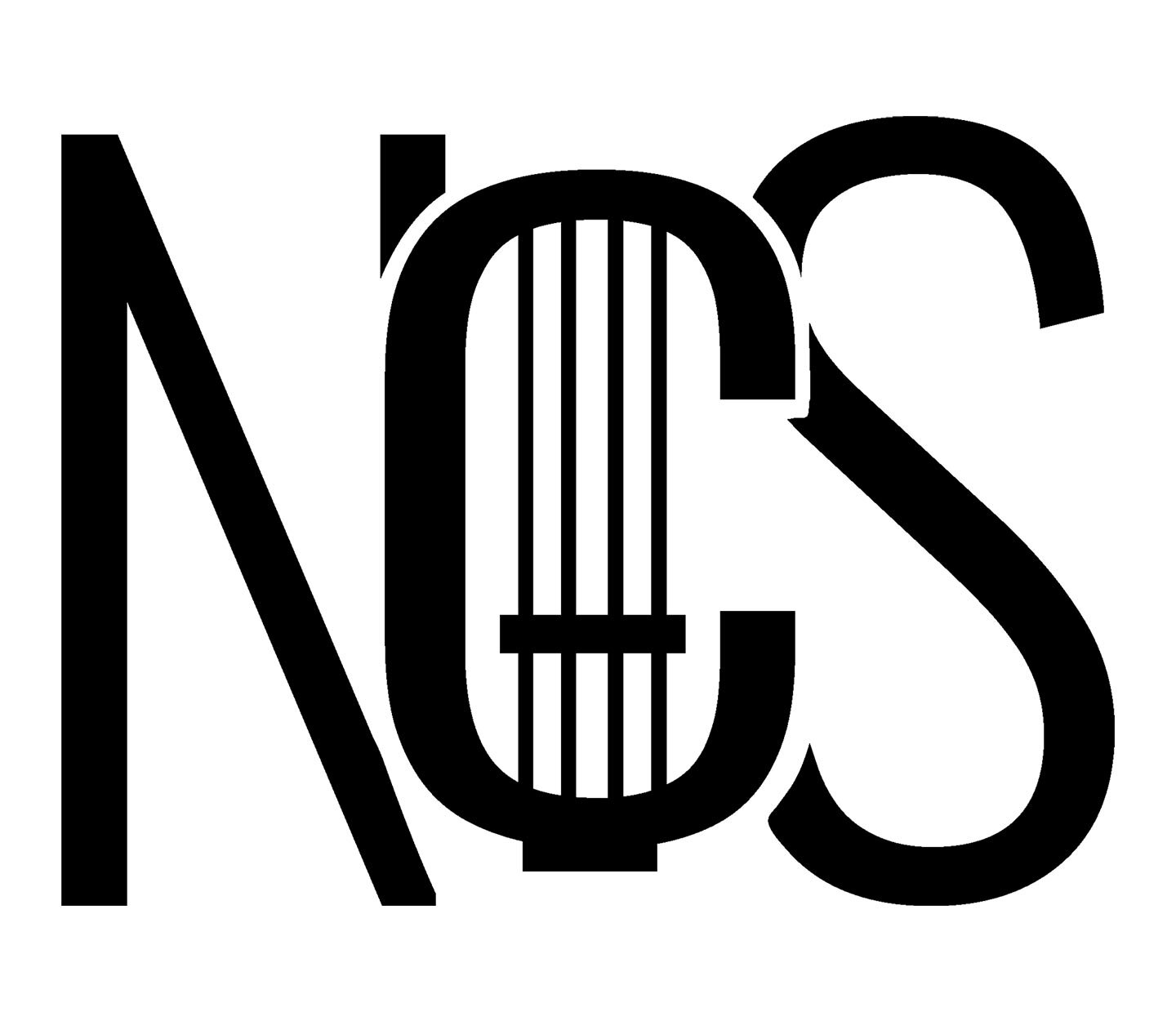Thoughts on American Romantics
American Romantics was 2018-2019 season opening concert.
Noree Chamber Soloists’s season opening concert is titled “American Romantics.” The word “romantics” is clearly not an indication of the historical period of Romanticism; in fact, many of the composers featured in this program are considered modernists, their musical languages steeped in the twentieth-century experimental spirit and dissonant sounds. The title is, rather, an indication of the affection toward America that each of the composers on the program shows through their music, whether as a celebration of rich American musical sources, a candid criticism of the bare realities of America, or a heartfelt reflection of the country’s customs and history. With this program, Noree Chamber Soloists acknowledges and celebrates the eclecticism that is paramount to American culture and music.
Throughout his directorship at the National Conservatory of Music of America, the Czech composer Antonín Dvořák (1841-1904) encouraged American composers to draw from native American musical idioms. Having gathered, zealously, African American spirituals and plantation songs himself, Dvořák mixed the spirit of American native music with his bohemian sensitivities in his “American-themed” works such as the "New World" Symphony (1893) and the "American" String Quartet (1893). He was also optimistic about the future of American music, a sentiment expressed in his valedictory essay, “Music in America,” in 1895: “I must give full expression to my firm conviction, and to the hope that just as this nation has already surpassed so many others in marvelous inventions and feats of engineering and commerce, and has made an honorable place for itself in literature in one short century, so it must assert itself in the other arts, and especially in the art of music.”
American musical scene flourished, as Dvořák had prophesied, but embraced far more diverse musical idioms than he would have ever imagined. Sunrise (1921) is the last composition by Charles Ives (1874-1954), who created exhilaratingly dissonant polyphonies from the various musical styles that he encountered in his Connecticut hometown, such as band music, hymns, and popular songs. In Chinaman, Laundryman (1932), Ruth Crawford Seeger (1901-1953) provided a scathing portrayal of an immigrant Chinese laundry worker. The song is a powerful reminder of the importance of immigration in this country. Samuel Barber’s (1910-1981) passionate, heart-wrenching Adagio for Strings (1936), with its solemnness, has become one of the most frequently performed in America’s public memorials. Roy Harris (1898-1979), who frequently explored American subjects in his music, painted the burdens of the modern world entrusted to one of America’s most respected leaders in Abraham Lincoln Walks at Midnight (1954). John Corigliano’s (b. 1938) A Black November Turkey (1972/2006) resonates as an acknowledgment of a seemingly humdrum American custom: the work’s literary catalyst, Richard Wilbur’s eponymous poem, portrays “a sad and endless futility, a celebrated and unnoticed death.” William Bolcom (b. 1938) combined jagged rhythms of ragtime, whose roots are in African American music, with elegant melodies and harmonies in his Three Rags for String Quartet (1989).
Jung-Min Mina Lee, Resident Musicologist
Program
John Corigliano A Black November Turkey (1972/2003)
William Bolcom Three Rags (1989)
Charles Ives Sunrise for Voice, Violin, and Piano (1921)
Ruth Crawford Seeger Chinaman, Laundryman (1932)
Dvorak String Quartet No. 12 in F Major, Opus 96 “American” (1893)
Roy Harris Abraham Lincoln Walks at Midnight (1954)
Samuel Barber Adagio, from String Quartet, Opus 11 (1936)
